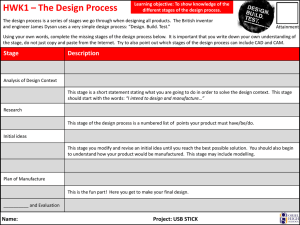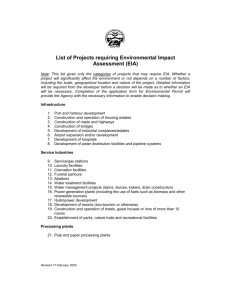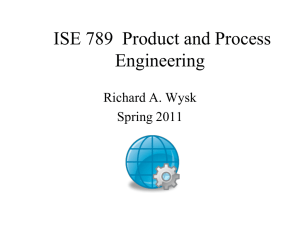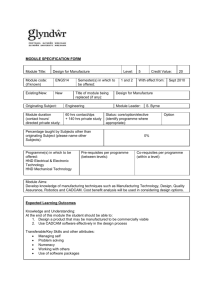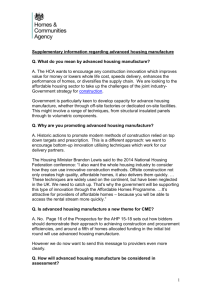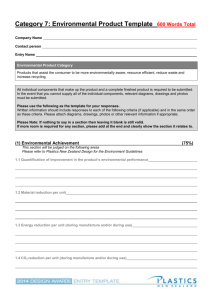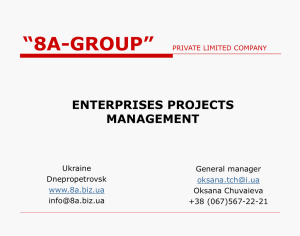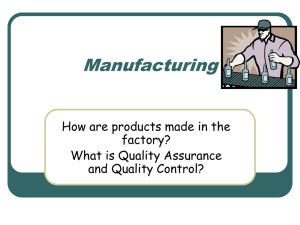MOHAMMED ALI OTHMAN SCHOOL, TAIZ
advertisement
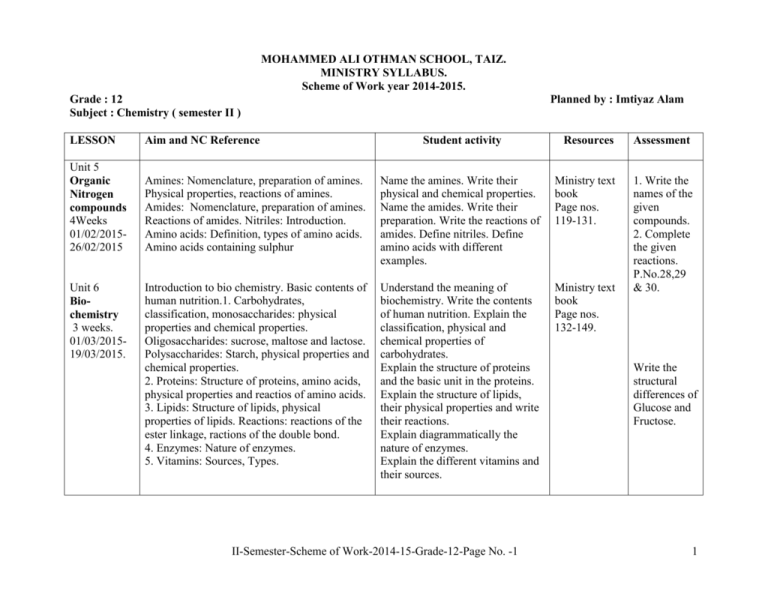
MOHAMMED ALI OTHMAN SCHOOL, TAIZ. MINISTRY SYLLABUS. Scheme of Work year 2014-2015. Grade : 12 Subject : Chemistry ( semester II ) LESSON Aim and NC Reference Unit 5 Organic Nitrogen compounds 4Weeks 01/02/201526/02/2015 Amines: Nomenclature, preparation of amines. Physical properties, reactions of amines. Amides: Nomenclature, preparation of amines. Reactions of amides. Nitriles: Introduction. Amino acids: Definition, types of amino acids. Amino acids containing sulphur Introduction to bio chemistry. Basic contents of human nutrition.1. Carbohydrates, classification, monosaccharides: physical properties and chemical properties. Oligosaccharides: sucrose, maltose and lactose. Polysaccharides: Starch, physical properties and chemical properties. 2. Proteins: Structure of proteins, amino acids, physical properties and reactios of amino acids. 3. Lipids: Structure of lipids, physical properties of lipids. Reactions: reactions of the ester linkage, ractions of the double bond. 4. Enzymes: Nature of enzymes. 5. Vitamins: Sources, Types. Unit 6 Biochemistry 3 weeks. 01/03/201519/03/2015. Planned by : Imtiyaz Alam Student activity Resources Assessment Name the amines. Write their physical and chemical properties. Name the amides. Write their preparation. Write the reactions of amides. Define nitriles. Define amino acids with different examples. Ministry text book Page nos. 119-131. Understand the meaning of biochemistry. Write the contents of human nutrition. Explain the classification, physical and chemical properties of carbohydrates. Explain the structure of proteins and the basic unit in the proteins. Explain the structure of lipids, their physical properties and write their reactions. Explain diagrammatically the nature of enzymes. Explain the different vitamins and their sources. Ministry text book Page nos. 132-149. 1. Write the names of the given compounds. 2. Complete the given reactions. P.No.28,29 & 30. II-Semester-Scheme of Work-2014-15-Grade-12-Page No. -1 Write the structural differences of Glucose and Fructose. 1 LESSON Aim and NC Reference Student activity Unit 7 Black gold. 2 weeks. 29/03/201509/04/2015 The black gold as a source of energy. Origin of petroleum oil: 1. The carbide theory, 2.Theory of marine origin, 3. Theory of inorganic origin. Exploration of presence of crude oil: A. By using the gravity of earth, B. By using the magnetic field of the earth and C. By measuring the frequency. Refining of petroleum. Manufacture of petroleum by 1. Thermal cracking 2. Catalytic cracking 3. Reforming. Crude oil as a source of energy. Crude oil as a source of industrial products. Explain the meaning of black gold. Explain the different theories about the origin of crude oil. Explain the different methods of exploration of crude oil. Explain with reactions the manufacture of petrol by different methods. Explain the different industrial uses of crude oil. Unit 8 Industrial chemicals in the service of mankind 3Weeks 12/04/201530/04/2015 Chemical industry in the service of mankind: In agriculture, fertilizers, Types of fertilizers: 1. Manufacture of nitrogenous fertilizers, Manufacture of phosphorous fertilizers, Manufacture of potash fertilizers, Manufacture of composite fertilizers. Manufacture of insecticides and pesticides: Halogen compounds and BHC. Compounds of phosphorous. Manufacture of polyamides, nylon 66, uses of nylon. Polyesters. Manufacture of soaps. Manufacture of detergents: A. Anionic detergents B. Cationic detergents C. Non ionic detergents. Shampoo. Manufacture of liquid soaps. Manufacture of oil paints. Name different chemical industries Ministry text in service of the mankind. book Explain the agriculture industry, Page nos. 104-118. Manufacture of different fertilizers. Insecticides and pesticides. Explain the phosphorous compounds. Explain the manufacture of nylon, its uses. Explain with reactions the manufacture of soaps. Explain the different types of detergents. Explain the manufacture of liquid soaps, shampoo and oil paints. II-Semester-Scheme of Work-2014-15-Grade-12-Page No. -2 Resources Ministry text book Page nos. 89-103. Assessment Write the uses of petroleum. Write the equation for the preparation of soap. 2 LESSON Aim and NC Reference Student activity Unit 9 Chemistry and the environment 1 Week 04/05/201510/05/2015 Diagrammatic representation, meaning of the environment. Composition of air:1. Oxides of carbon. 2. Oxides of sulphur. 3. Oxides of nitrogen. 4. Hydrocarbon compounds. Air pollutants, acid rain and smog. Water pollutants, effect of pollutants n the amount of oxygen in water, thermal pollutants and chemical pollutants. Environmental cycle. Removal of pollutants: Water treatment. Hazards due to use of leaded petrol. Revision 11/05/201321/05/2013. Revision of Past Question Papers Explain the meaning of environment. Discuss about the composition of air. Name the common air pollutants and their sources. Explain the formation of acid rain and its effects, formation of smog. Write the different water pollutants. Explain with diagram the treatment of water. Explain the hazards of leaded petrol. Resources Assessment Ministry text book Page nos. 150-177. Write a note about global warming Revision booklet. End of II semester II-Semester-Scheme of Work-2014-15-Grade-12-Page No. -3 3
